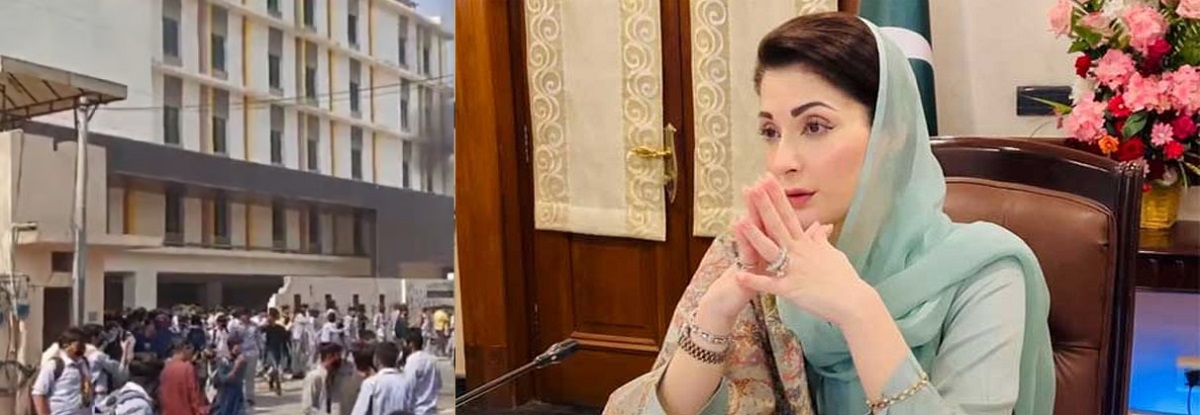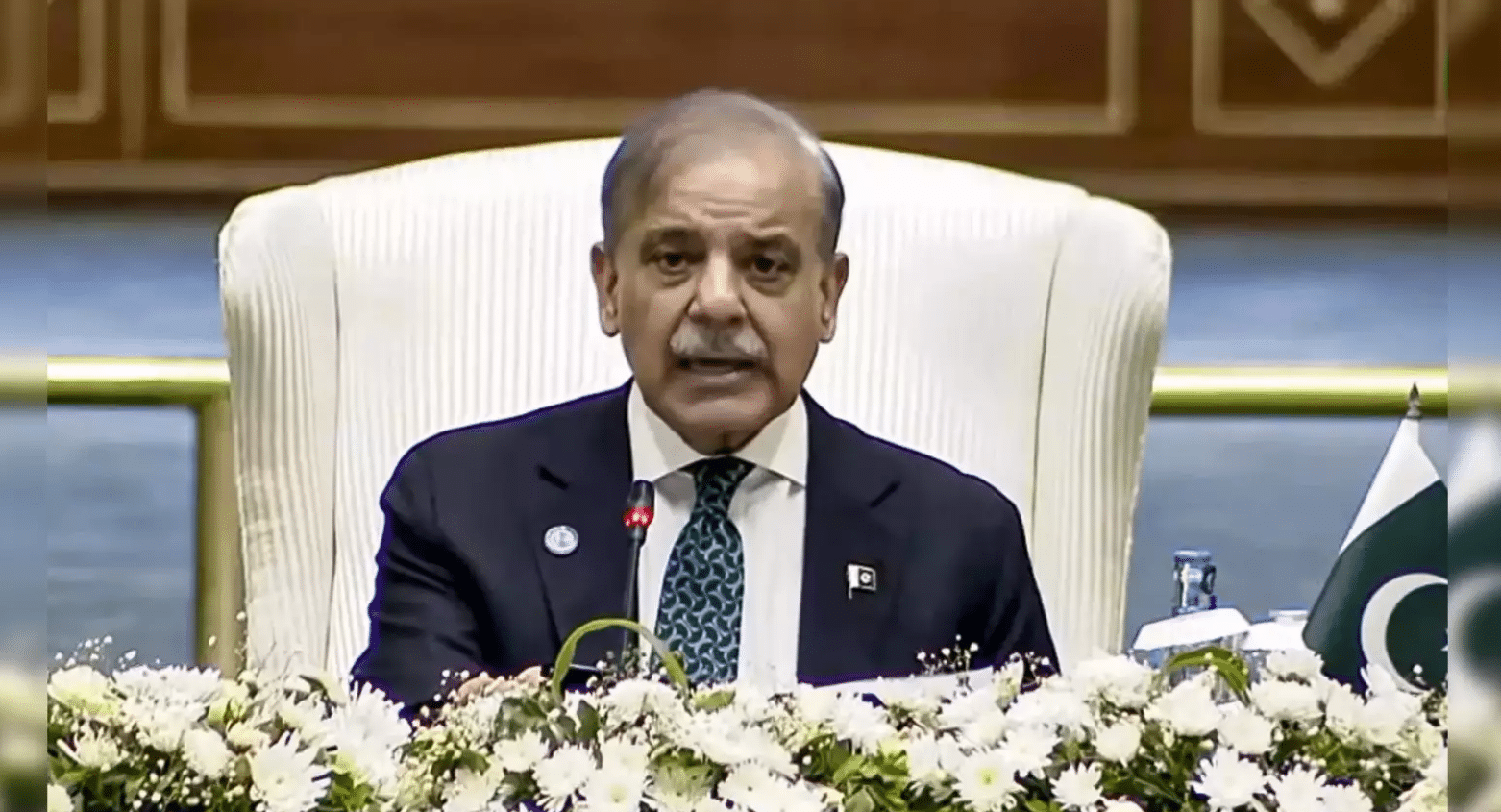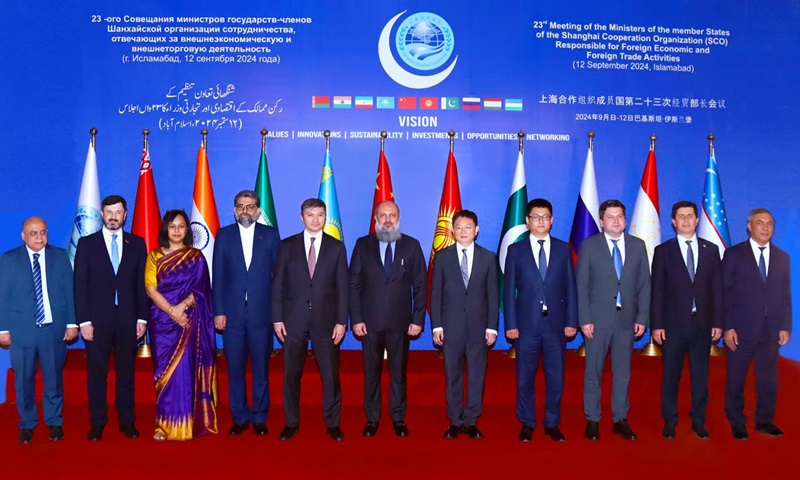In November 2, 2023, the International Monetary Fund (IMF) is set to commence its mission in Pakistan for the economic review of the $3 billion stand-by arrangement (SBA). This crucial financial evaluation marks a significant step in Pakistan’s economic landscape, shaping its path for the future. In this article, we will delve into the details of the IMF’s mission, the ongoing SBA, and its potential impacts on Pakistan’s economy.
Understanding the IMF’s Mission
The IMF, a global financial institution, has a primary mission to promote international monetary cooperation and facilitate the balanced growth of international trade. As part of its responsibilities, the IMF conducts periodic reviews of the economic performance of its member countries. In this case, Pakistan is under the IMF’s lens, as the institution initiates its mission on November 2, 2023.
The IMF Team Leading the Mission
An International Monetary Fund team, led by Nathan Porter, will spearhead the mission in Pakistan. Porter, an experienced IMF representative, will be at the forefront of this evaluation. This team is responsible for assessing Pakistan’s economic performance, scrutinizing its financial stability, and analyzing the adherence to the IMF’s policies and recommendations.
READ MORE: The Unstoppable Force: Glenn Maxwell’s Record-Breaking Century at ICC World Cup 2023
The Ongoing Stand-By Arrangement
The review comes as part of the 9-month Stand-By Arrangement (SBA) that was initially approved in July. This SBA, totaling $3 billion, was designed to provide financial support to Pakistan, stabilize its economy, and assist in implementing key economic reforms. This mission is a critical juncture for both Pakistan and the IMF to gauge the progress of the program.
What to Expect from the Review
Next week’s review of the ongoing program holds immense significance for Pakistan. It is expected to provide a forward-facing policy anchor that will determine the future course of action. This policy anchor is crucial for potentially unlocking the remaining bailout amount and addressing both domestic and external imbalances in the country’s economy.
Framework for Financial Support
The IMF mission’s findings and recommendations will not only impact the release of the remaining $1.8 billion but also create a framework for financial support from various sources. This support is not limited to the IMF alone; it includes multilateral and bilateral partners. The review’s results will play a pivotal role in shaping Pakistan’s economic landscape and its collaboration with international financial institutions.
The IMF’s Initial Tranche
Notably, the IMF had previously disbursed $1.2 billion as the first tranche in July. However, the remaining quota is still under consideration for disbursement, pending the outcome of next week’s meeting. This remaining amount holds the key to sustaining Pakistan’s economic stability and implementing the reforms necessary for long-term growth.
Conclusion
The upcoming IMF mission to Pakistan on November 2, 2023, for the review of the $3 billion Stand-By Arrangement marks a critical point in Pakistan’s economic journey. The evaluation’s outcomes will not only affect the disbursement of the remaining bailout amount but also shape the policies and financial support frameworks for Pakistan’s future. This mission is a key indicator of Pakistan’s commitment to financial stability and economic progress on the global stage.




